Niger
The military regime that emerged from a coup in Niger has formed a government, according to a decree by the country's new strongman, General Abdourahamane Tiani, read out on national television on Wednesday night.
The 21-member government, announced just before a crucial summit of Niger's West African neighbors in Abuja on Thursday, is headed by Prime Minister Ali Mahaman Lamine Zeine, who was appointed on Monday.
It comprises 20 ministers. Those in charge of Defense and the Interior are generals from the Conseil national pour la sauvegarde de la patrie (CNSP), which seized power, respectively General Salifou Mody and General Mohamed Toumba.
This government marks the consolidation of the military regime since it overthrew the elected president Mohamed Bazoum on July 26, and appears to be a sign of defiance towards the leaders of the Economic Community of West African States (Ecowas), who are meeting in Abuja on Thursday to assess the situation in Niger.
"Important decisions" are expected at the summit, according to the regional organization, which reaffirmed its preference for diplomatic channels to restore constitutional order in Niger, while maintaining its threat to use force to restore President Bazoum to office.
The new masters of Niamey regard Ecowas as an organization "in the pay" of France, the former colonial power and their main target since taking power.
On Wednesday, they accused it of having violated Niger's airspace, closed since Sunday, with a French army plane from Chad, and of having "freed terrorists". France immediately denied these accusations.



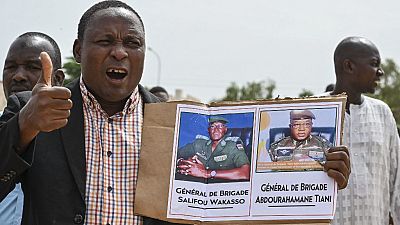

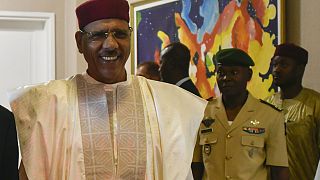
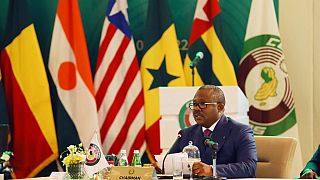
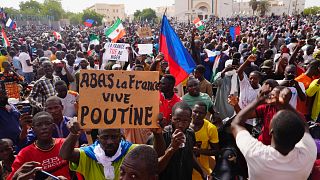
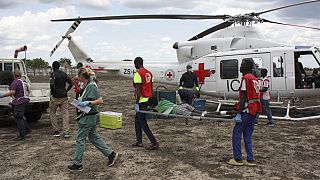




00:52
Nigeria’s Peter Obi to contest 2027 election, opposition coalition in jeopardy
Go to video
Cameroon’s Tourism Minister joins presidential race as Biya’s silence fuels uncertainty
Go to video
INTERPOL seizes $65M in fake drugs, arrests 769 in largest-ever global crackdown
Go to video
Uganda's Museveni breaks African silence on Israel-Iran war
Go to video
Over 40 killed in attack on Sudanese hospital: WHO Chief condemns “Appalling” strike
Go to video
Angola’s Lourenço tells U.S : shift from aid to investment